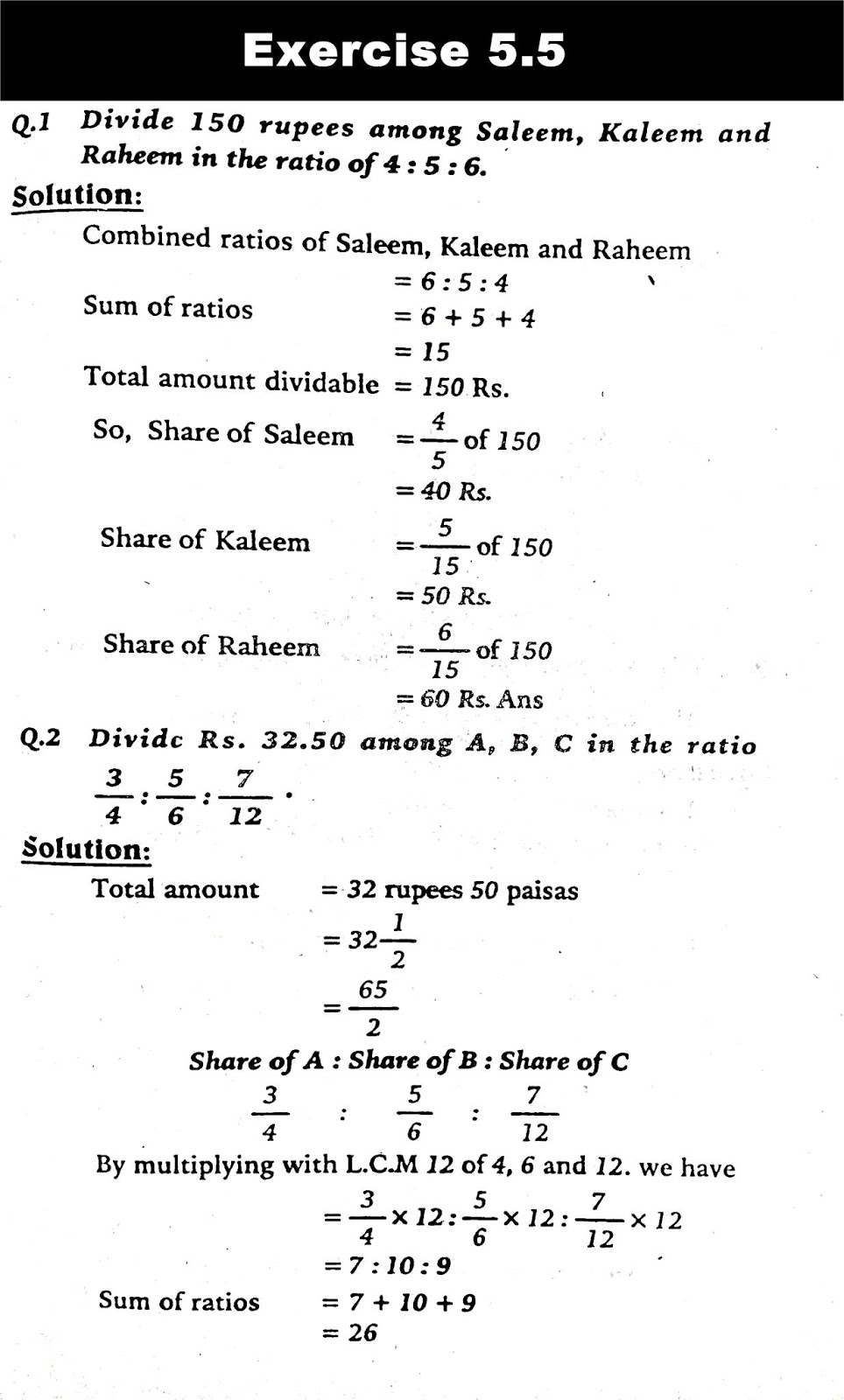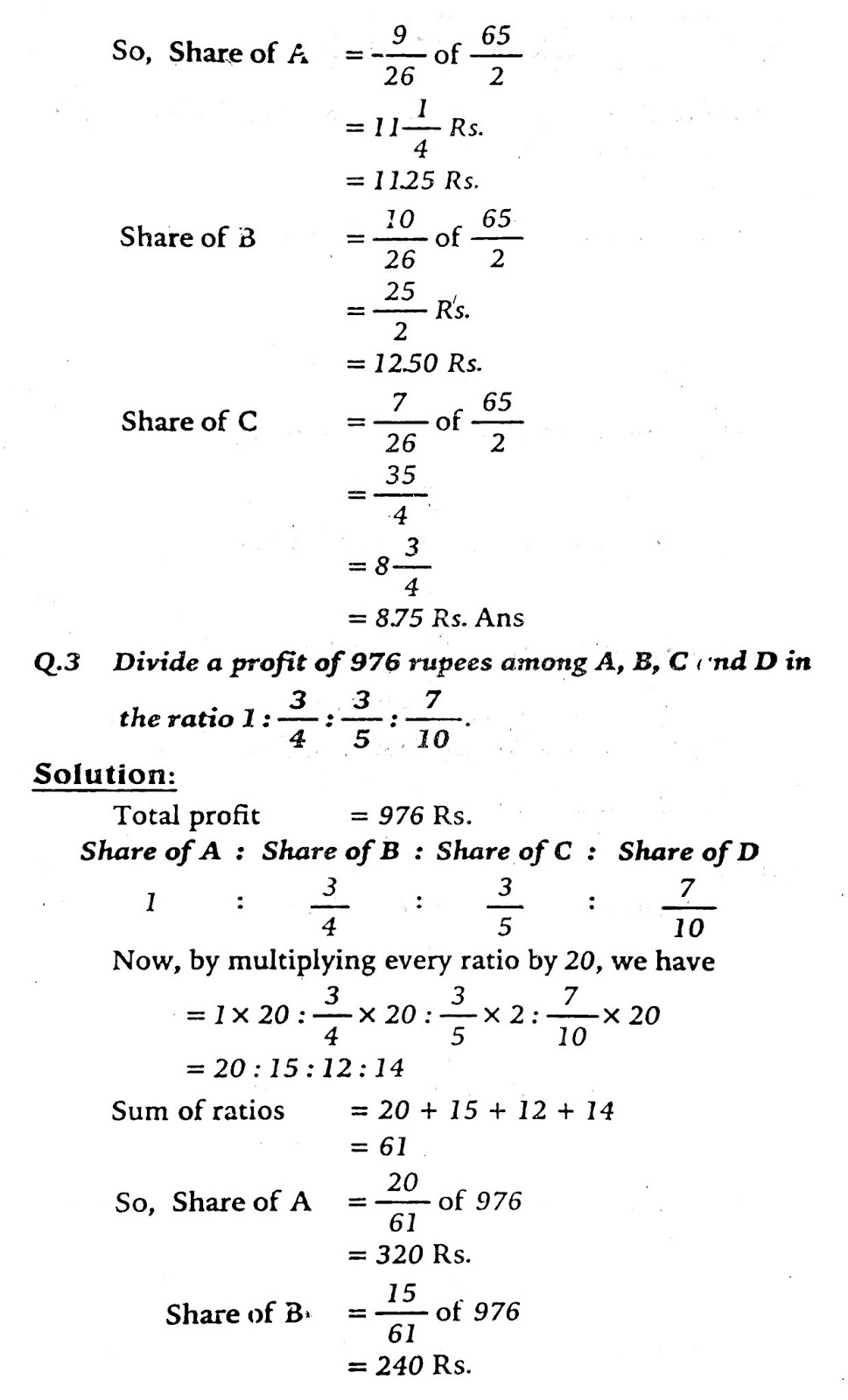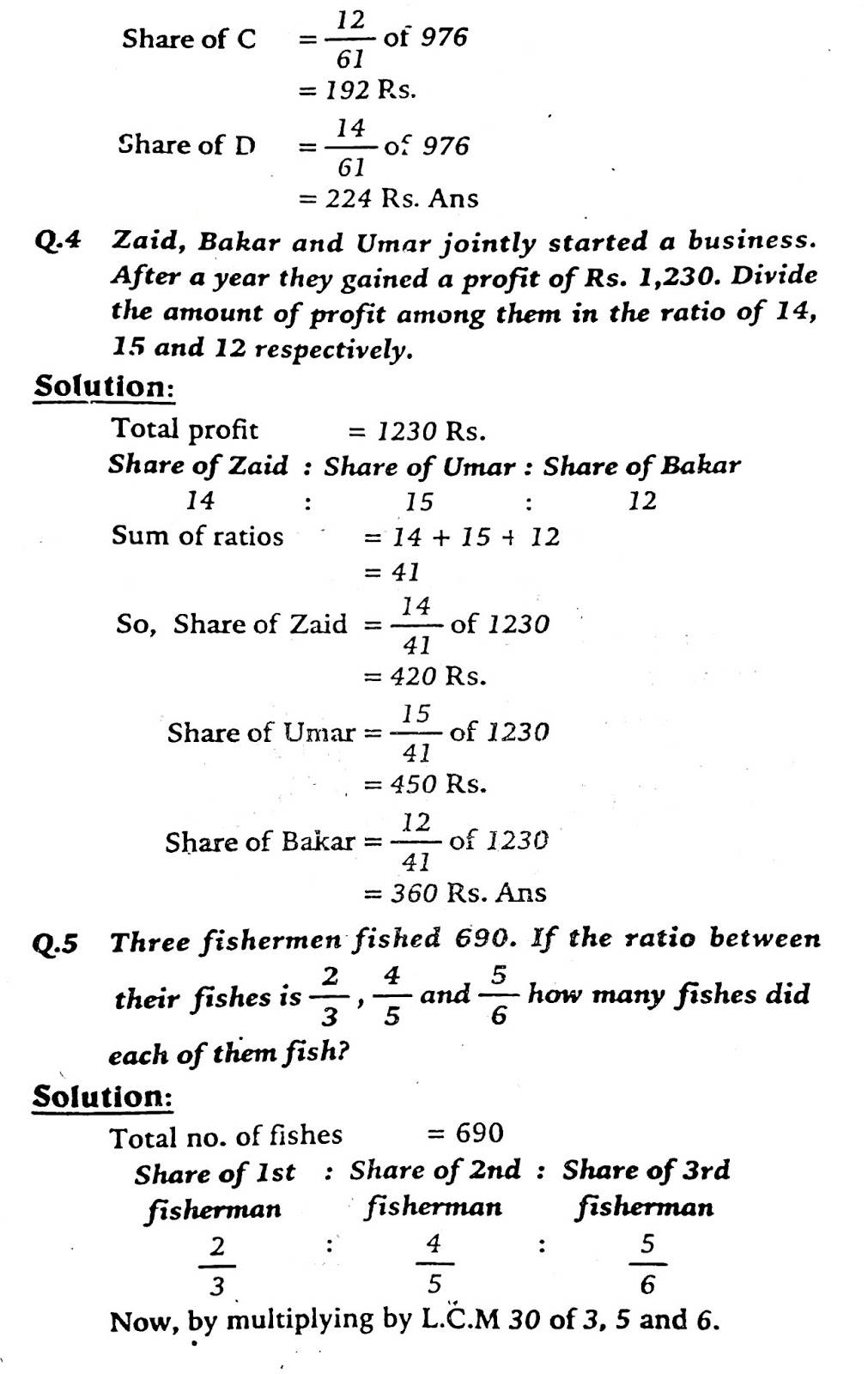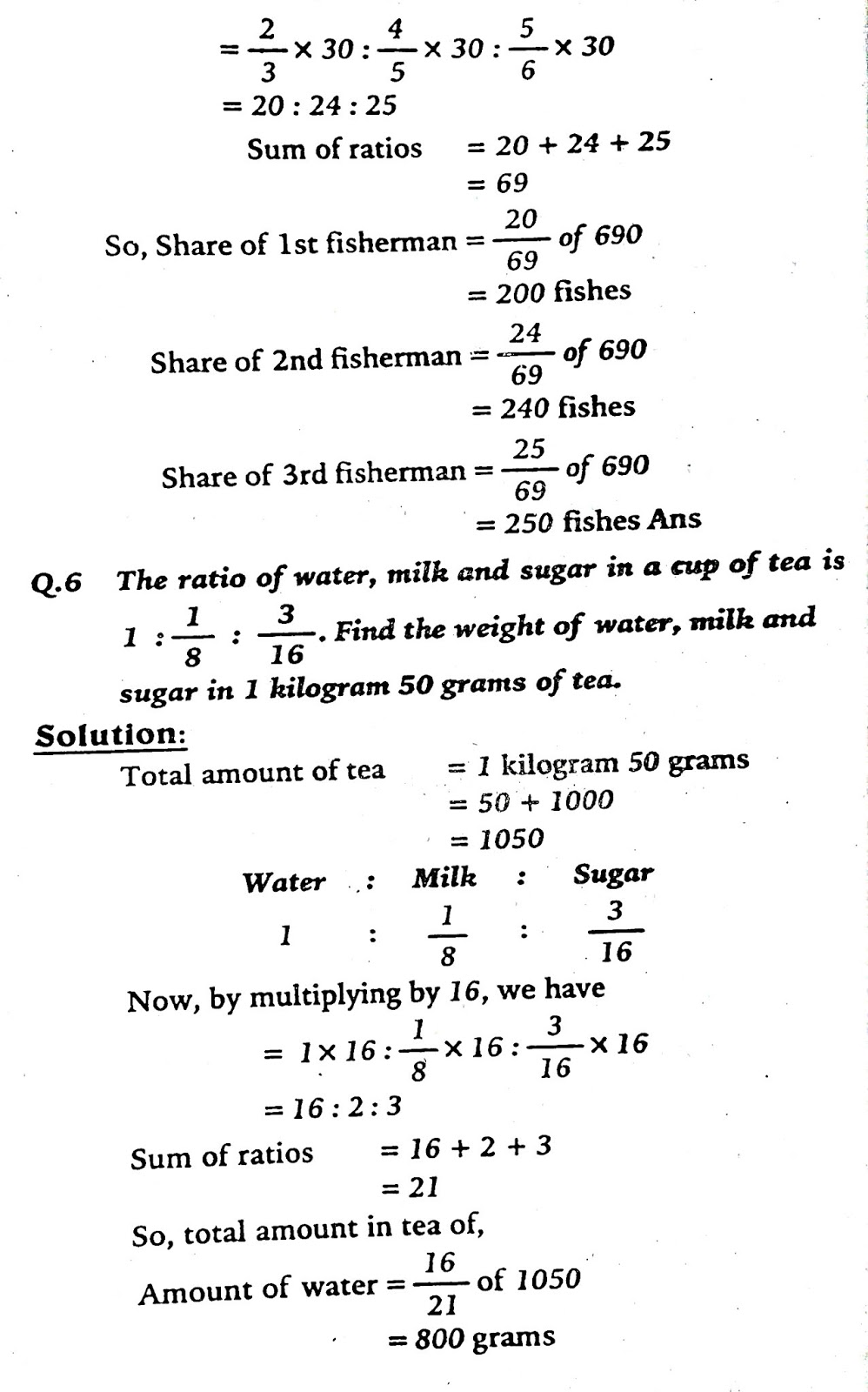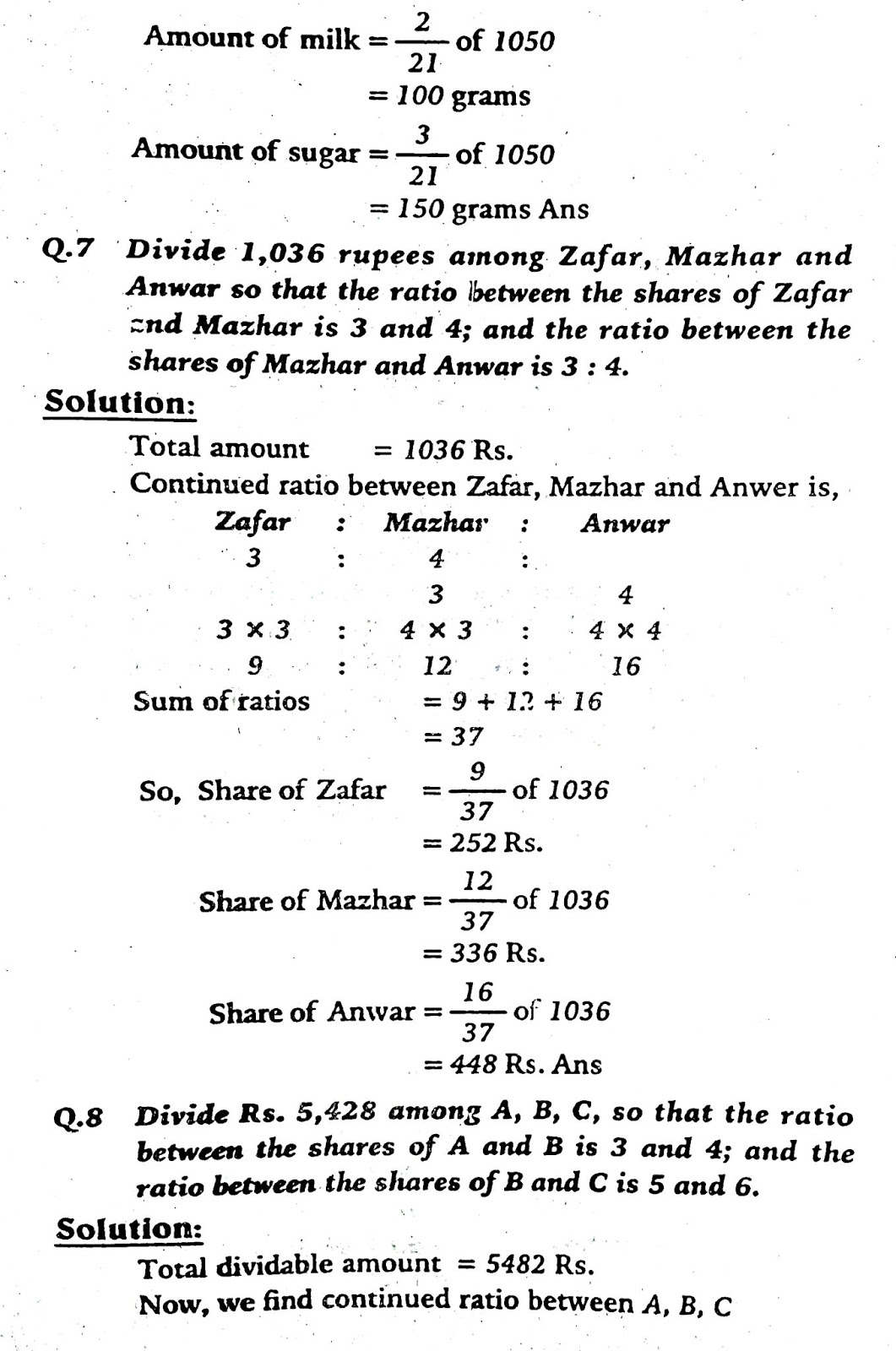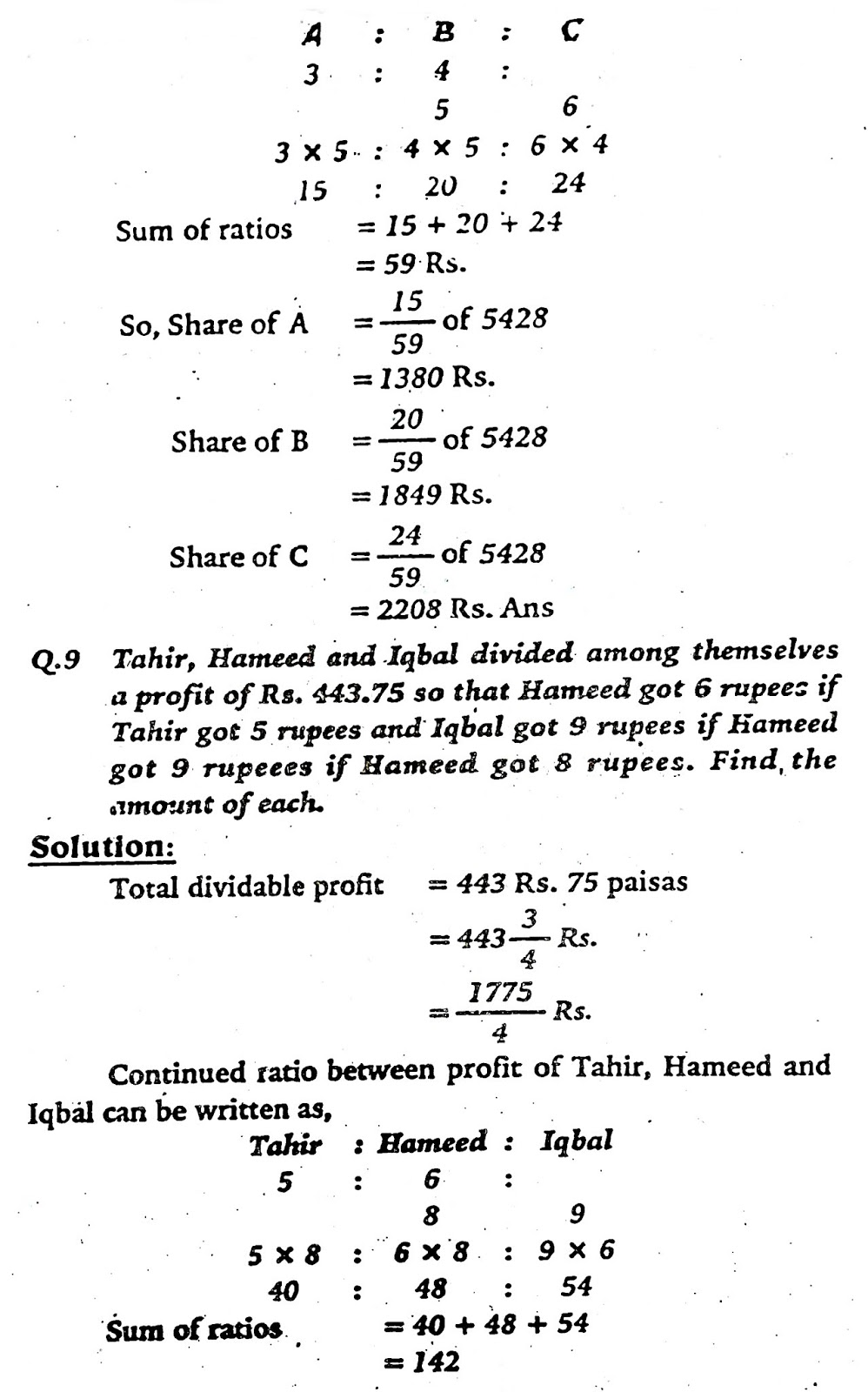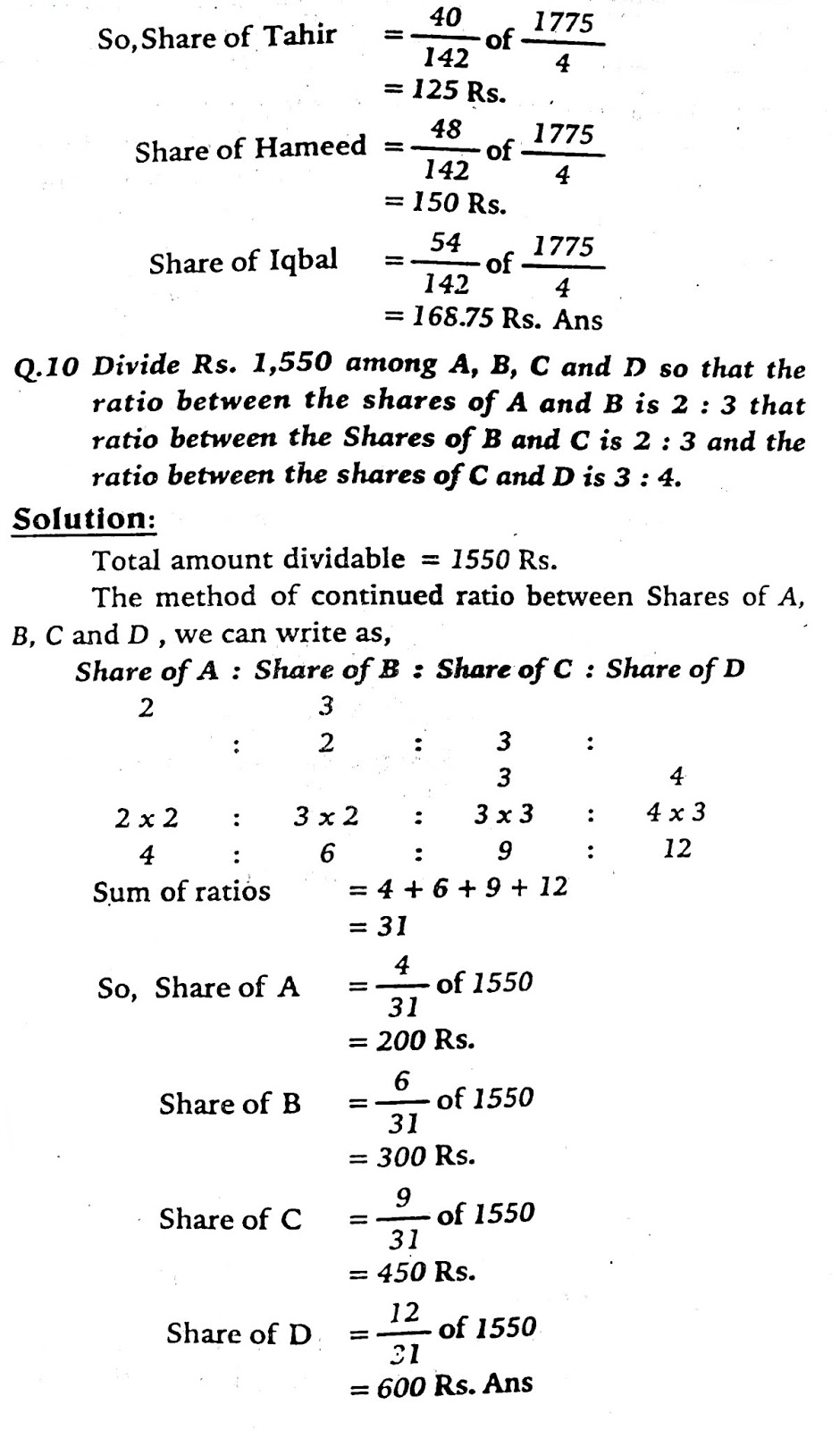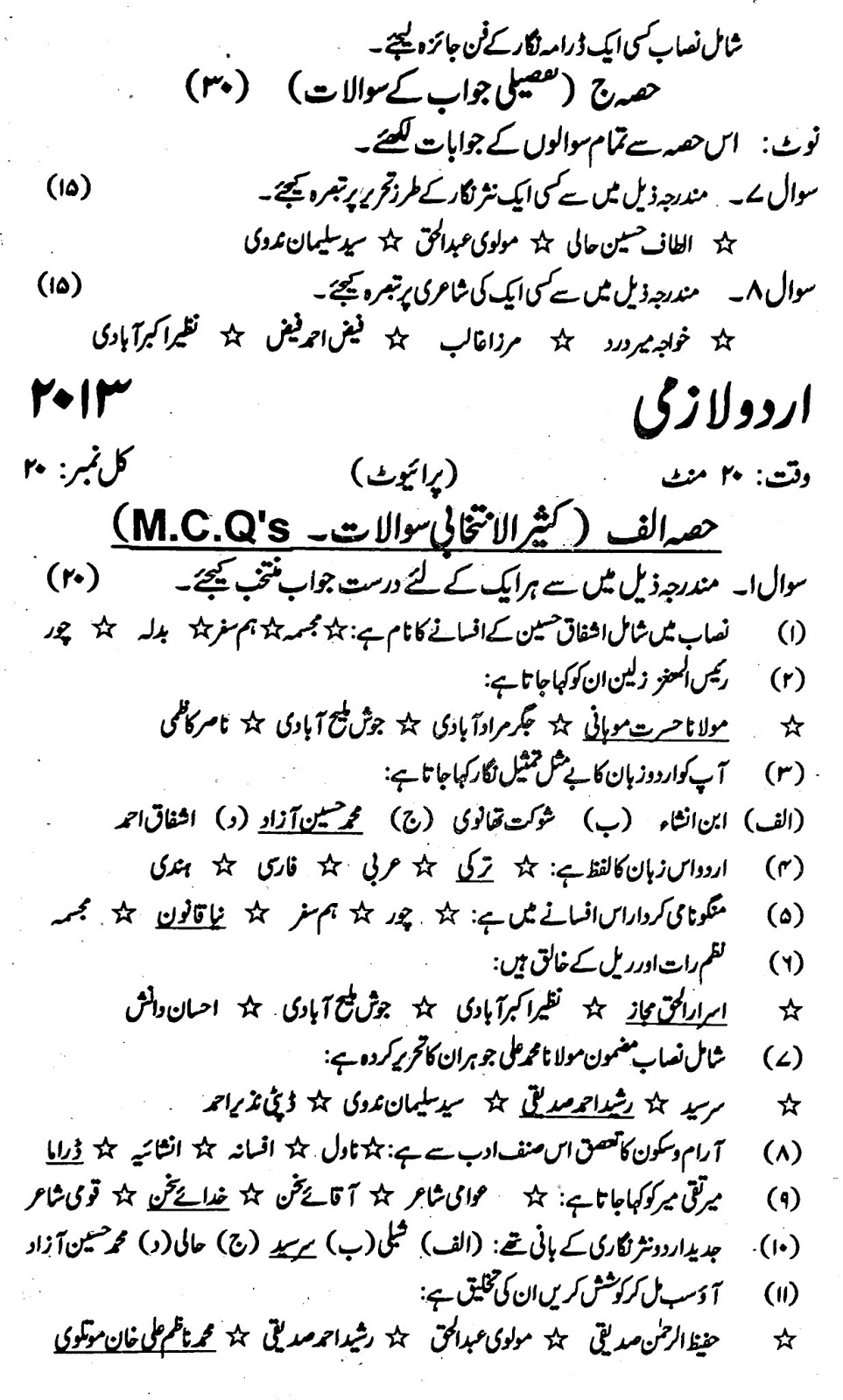Search This Blog
Sunday 2 February 2020
Saturday 1 February 2020
English X - Chapter No.26 - Words/Meaning, About Poet, Central Idea and Summary
Go To Index
THE MAN WHO WINS
Words/Meaning, About Poet, Central Idea and Summary
Words / Meaning
| S.No. | Words | Meanings |
| 1. | Anonymous | Unknown |
| 2. | Beaten | Defeated |
| 3. | Be sure of | To have confidence |
| 4. | Certain | Sure, Definite |
| 5. | Dare | Have courage |
| 6. | Fellow | Person |
| 7. | Out in the world | In our experience |
| 8. | Outclassed | Proved inferior to another |
| 9. | State of mind | Mental condition |
| 10. | To lose heart | To give up hopes |
| 11. | Will | Determination |
About Poet
Anonymous
Central Idea
The poem is anonymous that is the poet's name is unknown.
Central Idea
Though the poet for this poem is anonymous but it breathes out the moral that we should produce in us a strong will power, self-confidence and positive attitude towards life. Once we decides upon an objective and has the will to do something suiting our natural aptitude and use our energies in attaining it, we can work wonders and will surely achieve it.
OR
The poem “The Man Who Wins” discloses the secret of success in life by telling the importance of good, thoughts and will power. Power to overcome any kind of complexes, widening of thoughts and complete faith and self-confidence are the gems of perfect personality. By thinking high a man can win over the battle of life.Theme
Confidence and a strong will are necessary to success. Where there is a will, there is a way. A strong will is the key to success.
Summary
OR
We can win all the battles of life with our will. One should be confident and optimistic to achieve high aims in life. If we lose hopes, we are defeated. The man who wins is the man who thinks he can. Therefore, one should always be confident and optimistic to be successful in life. A positive approach to life makes us unbeatable in every fields of life.
English X - Chapter No.24 - Words/Meaning, About Poet, Central Idea and Summary
Go To Index
THERE'S A GOOD TIME COMING
Words/Meaning
| S.No | Words | Meaning |
|---|---|---|
| 1. | Acknowledge | Admit |
| 2. | Beaten | Defeated |
| 3. | Cannon-balls | Shells fired from guns |
| 4. | Certain | Sure |
| 5. | Dare | Have Courage |
| 6. | Fellow | Person |
| 7. | Good time | Usually means a short period of enjoyment; here it means an
era of happiness which will possibly last forever, An age of joy and peace |
| 8. | Glisten | Shine |
| 9. | Glory's sake | To win fame and honour |
| 10. | Impulse | Push, Urge, here direction |
| 11. | Monster of iniquity | Gross injustice |
| 12. | Outclassed | Proved to be inferior |
| 13. | Ray | A beam of light |
| 14. | State of mind | Mental condition |
| 15. | Supersede | Take the place of |
| 16. | Slaughter | Murder, Kill |
| 15. | To lose heart | To give up hopes |
| 15. | Will | Determination |
About Poet
Charles Mackay (1814-1889)
Central Idea
This poem is written by Charles Mackay (1814-1889), a Scottish song writer. He was born in Perth. His mother died while he was an infant. He went to school in Brussels in 1828 and began writing verses in both English and French in 1880. He returned to London and worked for the “Morning Chronicle” till 1884 and then became editor of “Argus”. Besides his extremely popular songs, some of which still live, Mackay wrote books on travel, history and biography and was a good all round journalist.
Central Idea
The Central Idea of this poem is that an era is to come with there will be no war because there will be a radical change in the outlook of people and nations. The poet Charles Mackay is optimistic that in future nations will agree to code of national behavior humanity will emerge from the dark nights of wars and destructions and hail down of a new better era of peace and prosperity.
OR
The world is going to be a peaceful and happy place to live in. There will be no wars, no injustice and no fear. Happiness will prevail in the world.Theme
“Hope Sustains the World.”
Summary
OR
The wars will come to an end. The injustice will vanish from this world. People will be civilized and educated. there will be happiness all around the world. However, everyone will have to contribute to making the world a peaceful place to live in. It will take some time. There is a good time coming. The poet is optimistic about it. He urges to work for it and to wait for it patiently.English X - Chapter No.22 - Words/Meaning, About Poet, Central Idea and Summary
Go To Index
THE USES OF ADVERSITY
Words/Meaning
| S.No | Words | Meaning |
|---|---|---|
| 1. | Anonymous | The poet's name is not known |
| 2. | Adversity | Misfortune |
| 3. | Clip | To cut off |
| 4. | Deficiency | Reduced size |
| 5. | Dim | Vague and clear |
| 6. | Lustre | Shining light, Brightness |
| 7. | Manuscript | Document written by hand |
| 8. | Perfect | Complete |
| 9. | Reed | A pen made from a dried reed |
| 10. | Trimming | Cutting, The point of the reed needs to be sharpened from time to time |
| 11. | Wick | A bit of cotton or thread in a lamp on which a flame is lit |
About Poet
Anonymous
Central Idea
The poem is anonymous that is poet's name is not known.
Central Idea
Adversity is the mother of our noblest virtues that teach us patience, perseverance fortitude. Self help and sympathy and bring us nearest to Almighty creator. Adversity is a gift from God. Seeming ugly and dark but actually messengers of sweetness and light.
OR
Adversity has its own uses. people do better in adversity, Adversity is also good as it makes you tough and competitive.Theme
As Francis Bacon says “The virtue of Adversity is fortitude, which is mortal in the more heroic virtue.”
Summary
OR
In this poem, the poet teaches us not to lose heart in the face of difficulties. The poet says that adversities also have their values and uses. These difficulties come to us in order to make us more efficient. The poet clarifies his point with the help of an example of a pen. When it is clipped, it writes faster and clearer. Similarly, when the branches of tree are trimmed, they start growing faster. Therefore, we should not be disappointed with the hardships in life.English X - Chapter No.20 - Words/Meaning, About Poet, Central Idea and Summary
Go To Index
THE MINSTREL BOY
Words/Meaning
| S.No | Words | Meaning |
|---|---|---|
| 1. | A sunder | Into separate pieces |
| 2. | Bard | A poet and singer |
| 3. | Bravery | Boldness |
| 4. | Bring his proud soul under | The enemy defeated him physically but could not conquer his spirit |
| 5. | Chords | The strings of harp |
| 6. | Foeman | Enemy |
| 7. | Guard | Protect |
| 8. | Girded | Worn around the waist |
| 9. | Harp | A musical instrument |
| 10. | Minstrel | A singer |
| 11. | Sully | Defiled, Touched by impure hands, Disgrace on |
| 12. | Tore | Broke |
| 13. | Warrior | Soldier |
| 14. | Wild | Violent |
About Poet
Thomas Moore (1779-1852)
Central Idea
This poem is written by Thomas Moore (1779-1852) an Irish poet. He was born in Dublin where he studied at the best school. He was admitted to Trinity College at the age of 15 years. He became an enthusiastic Irish Poet. In imitation of Lord Byron, who was his friend, he wrote poem on an oriental theme called “Lalla Rookh”. His patriotic feelings is well expressed in this poem.
Central Idea
Brave and patriotic people defend their homeland. Such people hate slavery. They prefer to die to maintain their freedom than to live in slavery.
OR
In this poem, Thomas Moore has shown the patriotic feelings of a boy. He was a singer and musician who once went to the battlefield in order to fight for his country. His harp was hanging on his shoulder. During the battle, the boy was wounded. When he feared that he might be killed, he broke the strings of his harp because he did not want the song of freedom to be sung in slavery.Theme
“Patriotism is not a short out burst of emotions but the tranquil and steady dedication of lifetime.”
OR
“Only passions, great passions can elevate the soul into great things"
Summary
He fought bravely, with his sward and sacrificed his life for the protection of his motherland. When he was near to death, he tore off all his belonging because he wanted the enemy to realize that people like him would never allow him to touch their beloved homeland.
In the end the poet has show his patriotic feelings in a convincing way. He says that the enemy might defeat the minstrel boy physically but they could not conquer his spirits. The minstrel boy’s harp was destroyed by the minstrel boy himself because it was meant to sing in peace not in slavery. The extreme limit of patriotism is exhibited by their action.
English X - Chapter No.18 - Words/Meaning, About Poet, Central Idea and Summary
Go To Index
CASABIANCA
Words/Meaning
Words / Meaning
| S.No. | Words | Meanings |
| 1. | A banner | A flag or standard |
| 2. | Burst | Explode |
| 3. | The battle's wreck | The ship had become a wreck after being damaged in the fighting |
| 4. | To boom | To make a deep, echoing sound as of guns. |
| 5. | Chieftain | A chief: a leader |
| 6. | Creature | Living beings |
| 7. | The deck | The floor of a ship |
| 8. | Fled | Ran away |
| 9. | Fragments | Parts |
| 10. | Gallant | Brave |
| 11. | Helm | Wheel for steering a ship |
| 12. | Heroic blood | The blood of great and noble people; the boy had inherited greatness and nobility from his forefathers |
| 13. | Make way | To advance |
| 14. | The mast | A thick tall pole of wood or metal to which a ship's sails are tied |
| 15. | A pennon | A narrow flag flown from the top of the mast |
| 16. | Perished | Destroyed |
| 17. | Roll on | Move on |
| 18. | A shroud | One of the ropes stretching from the mast to the side of a ship |
| 19. | Strewed | Covered with small pieces |
| 20. | Splendour | Excellence |
| 21. | Stream | Wave |
| 22. | Thunder | Large sound |
| 23. | Unconscious | Unaware; Not knowing |
| 24. | Wrapt | Wrapped |
About Poetess
Felicia Dorothea Hemans (1793-1835)
Central Idea
This poem is written by Felicia Dorothea Hemans (1973-1835). She was born at Liverpool, but the family moved to Wales where she was brought up. She was quick in mind and had a fine memory. As a poet, she has been compared to Long fellow. Like Cowper, she loved the pathetic, and there is great enthusiasm for chivalry and heroism in her work. She also stressed moral values.
Central Idea
The central idea of this poem is the the noble characteristics like chivalirism, obedience and morality demand the impossible, the obsolete and the death which itself transfigured into eternal life. Deep-rooted faithfulness is majestic and unmatched which makes a man rise above all personal affiliation.
Theme
“A man of courage is full of faith.”
OR
“Patriotism is a great virtue that makes people forgive their selfishness.”
Summary
English X - Chapter No.14 - Words/Meaning, About Poet, Central Idea and Summary
Go To Index
THE HAND THAT ROCKS THE CRADLE IS THE HAND THAT RULES THE WORLD
Words/Meaning
| S.No | Words | Meaning |
|---|---|---|
| 1. | Cottage | A small house, hut of a poor man |
| 2. | Grace | Smooth movement |
| 3. | Hovel | A house in a very bad condition, A poor man's hut |
| 4. | Hurled | Shouted insults |
| 5. | Impearled | Decorated with pearls |
| 6. | Mingled | Mixed with, |
| 7. | Natal sod | Land of one's birth |
| 8. | Palace | Official home of a king |
| 9. | Rainbow | The colored arch made of seven colors which appear in the sky after rainstorms, |
| 10. | Sacred | Connected with God |
| 11. | Streamlets | Puts children on a working track |
| 12. | Tender | Soft, Gentle, Mild |
| 13. | Trophies | A shield or cup given as a prize for some great achievement, sometimes decorated with pearls |
| 14. | Tempest | A violent storm |
| 15. | Unresting | Always working |
About Poet
William Ross Wallace, (1819-1881)
Central Idea
This poem is written by William Ross Wallace, (1819-1881). He was born in Dexington, Kentucky. His first poem appeared in 1837. He was lawyer by profession, but spent more time on literature. He composed patriotic songs during the civil war which became popular. He possessed a splendid imagination as well as poetic diction.
Central Idea
The Central idea of this poem is that the first, noblest and most sacred mission of the mother is to bring up children. Mothers are the real builders of our nation, in the sense that the character of a children made or marred by the mother. It is said that: “Educate women or mothers and the Nation will take charge of itself.”
Theme
A French ideologist Charles force said: “One could judge the degree of civilization of a country by the social and political possession of its mother.” OR " Hands of mother are blessings for all."
Summary
English X - Chapter No.10 - Words/Meaning, About Poet, Central Idea and Summary
Go To Index
BEAUTIFL HANDS
Words/Meaning
| S.No | Words | Meaning |
|---|---|---|
| 1. | Aged | Old |
| 2. | Beneath | Under |
| 3. | Clasp | Hold in hand, Take hold of |
| 4. | Crystal | Transparent, Clearer |
| 5. | Daisies | Flowers |
| 6. | Distant | Far away |
| 7. | Fair | Beautiful, Good looking |
| 8. | Feeble | Weak |
| 9. | Form | Shape |
| 10. | Hue | Colour |
| 11. | Palms Of Victory | These were given to a soldier or an athlete who was victorious, Prize |
| 12. | Scarcely | Hardly |
| 13. | Toiling | Working hard |
| 14. | Weary | Tired |
| 15. | Wrinkles | Furrows on the skin |
About Poetess
Ellen M. H. Gates (1835-1920)
Central Idea
This poem is written by an American poetess Ellen M.H.Gates. She wrote religious songs. Collection of her poems were published in 1987 and 1910.
Central Idea
Mother’s hands are the symbol of Love. A mother is a pivot, around which the whole family revolves. She relieves the tedium of life, sheds the divine light in the darkness, alleviates distress, does her duties by her children makes them happy, healthy and intelligent citizens of tomorrow. The progress of a nation depends upon the care and skill with which mothers rear up their children.
Theme
The theme of this poem can be expressed in the words of Napoleon that:
“Give me good mothers, I’ll Give you good nation.”
OR
“The hands that rocks the cradle is the hand that rules the world.”
Summary
Subscribe to:
Posts (Atom)
